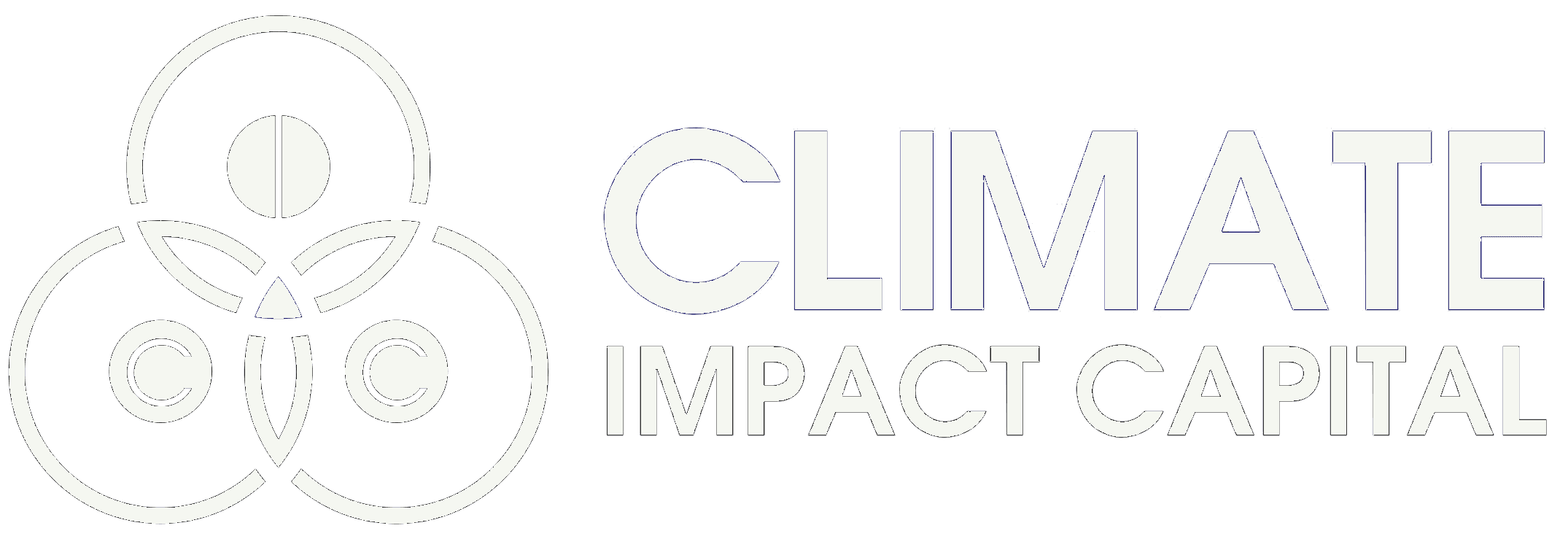BP is teaming up with JinkoSolar to take on China’s vast clean energy market for commercial and industrial (C&I) customers.
Coming amid its pivot toward lower-carbon energy sources, BP announced a memorandum of understanding on Monday with JinkoPower Technologies, the project arm of JinkoSolar, the world’s largest maker of solar modules.
The two companies said they will provide “integrated decarbonized energy solutions” for China’s C&I customers, including digital tools offered under the energy-as-a-service model. Few additional details of the arrangement were provided. BP is among the leading foreign oil and gas investors in China.
“China is the world’s largest and most advanced solar market and one of the most important markets for BP to achieve its low-carbon ambitions,” Simon Yang, BP’s China president, said in a statement.
BP owns a 50 percent stake in solar developer Lightsource BP, which is active across Europe, the U.S. and Australia. New CEO Bernard Looney took over in February and immediately set the company on a course to be net-zero by 2050. Details on how it will get there will be revealed at a Capital Markets Day in September.
“We’ve been expecting more clean energy [merger and acquisition] moves from BP for a while,” Tom Heggarty, principal analyst at Wood Mackenzie’s energy transition practice, said by email. “This is the first major move from BP in the renewables space beyond its increased investment in Lightsource BP, but we expect to see much more in the coming months.”
“For foreign firms, entering the Chinese market PV is notoriously difficult, and needs to be done in partnership with a Chinese player. But it’s a huge potential prize,” said Heggarty. “China will account for around one-third of the PV megawatts installed globally this year. EDF Renewables has a similar partnership in the China C&I sector with Asia Clean Capital.”
China’s clean energy opportunity for Western companies
In January BP Ventures led a funding round for Chinese AI energy services startup R&B Technology, which could bolster its energy-as-a-service offerings in China. The combination of BP’s financial muscle and the capability of R&B Technology could dovetail with Jinko’s solar expertise and footprint across China.
Based in China and stock listed in the U.S., JinkoSolar owns a vertically integrated solar manufacturing empire running from wafers through modules, with 16 gigawatts of module capacity installed as of this spring.
Jinko entered the solar project business nearly a decade ago to foster demand for its products and diversify revenue, and it has stuck with it even as some Western rivals — like First Solar — have shifted their focus back to manufacturing. JinkoPower floated on the Shanghai Stock Exchange last month, raising RMB 2.7 billion ($370 million), though it remains controlled by JinkoSolar. The developer, project operator, and engineering, procurement and construction provider has notched several noteworthy recent wins at the utility scale, including the 1.5-gigawatt Al Dhafra project in Abu Dhabi with French utility giant EDF at a world-record low bid of $13.50 per megawatt-hour.
China is by far the world’s largest market for utility-scale solar projects, but that market has been slowed by feed-in tariff reforms that began in 2018. A replacement auction system now allocates tariffs on a competitive basis with the goal of driving down costs to grid parity with fossil fuels.
As China’s clean energy market moves into an era without subsidies, Western companies are expected to increase their investments, according to a Brookings Institution report published last year.
“China has launched a potentially massive transformation of its green enterprise, one intended to improve the economic efficiency of a Green China Inc. that has, in fundamental ways, grown soft,” wrote Jeffrey Ball, author of the Grow Green China Inc. report. “That is an opportunity for Western capitalists as much as for Chinese ones — to say nothing of the planet.”

